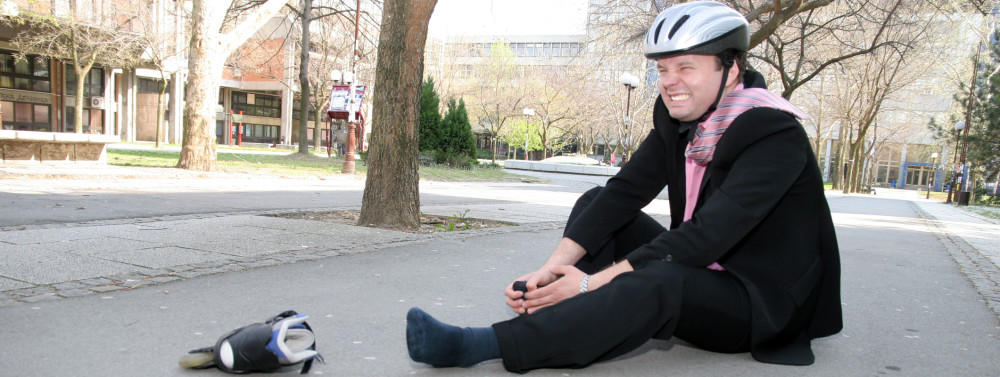A Study: Where does RSD Come From?
One of the biggest challenges facing the healthcare system today is chronic pain. This can take many forms, ranging from low back pain to headaches and even shooting pains that travel down the arms and legs. Regardless of the type of pain, these symptoms can make it challenging for someone to go to work on a regular basis, attend school, and even crawl out of bed. According to a recent study that was published in the British Journal of Pain Medicine:
- About one out of every five adults suffers from some form of chronic pain
- This makes chronic pain more prevalent in the world than asthma and diabetes
- Unfortunately, fewer than 2 percent of people with chronic pain ever seek out a pain specialist
- Most people rely on their primary care physician
- Chronic pain costs more than 630 billion dollars annually in the United States
- Chronic pain is an under-recognized medical condition with limited efficacious resources
Clearly, as a society, chronic pain must be managed better for the sake of everyone who suffers from it, their friends, and their family members. This starts by trying to figure out where the chronic pain comes from. One of the many different conditions that can cause someone to develop severe, recurrent, chronic pain is called Reflex Sympathetic Dystrophy (RSD), which is also called Complex Regional Pain Syndrome (CRPS). Those who suffer from this disorder have severe pain that impacts one or more of their limbs and is often triggered by an initial inciting event, such as trauma. What type of injuries are caused by these traumas? A recent research study sought to explore precisely this.
A Research Study: Epidemiology and Etiologies of RSD
Recently, a research study was published in the Journal of Pain Medicine that took a look at more than 1,000 people who had been diagnosed with RSD. This was a retrospective chart review that sought to determine what types of etiologies had caused these individuals to develop RSD. According to the results of their study:
- The most common inciting injury that led to the development of RSD was a bone fracture (close to 50 percent of all patients)
- Muscular injuries, such as sprains, made up another quarter (25 percent) of the causes
- Carpal Tunnel Syndrome was responsible in about 10 percent of cases
- The remainder were either from surgery, other causes, or not otherwise specified
Traumatic injuries play a major role in the development of RSD. Common causes of the traumatic injuries discussed above include auto accidents, motorcycle accidents, and slip and fall injuries. No accident should ever be overlooked, and it is vital for people involved in an accident to seek medical care immediately. If the symptoms do not decrease, it could be due to the development of chronic pain from RSD. The sooner an accurate diagnosis can be made; the sooner treatment can be started.
Help from an Experienced RSD Attorney Sacramento
For those who have a loved one who suffers from RSD, they know how much of a struggle this can be. Some people have issues going to work, which can make it hard to maintain a steady income. Many others fall behind in school and have trouble catching up. The medical care is complex, the coordination of doctors’ visits is challenging, and the mountain of paperwork can make someone feel like they are drowning. For help with all of these issues, it is necessary to meet with an experienced RSD attorney in Sacramento. A trained legal professional has the tools necessary to help families in their time of need. Don’t hesitate to ask for help.
Related Articles by Ed Smith
- Experimental Treatments for Reflex Sympathetic Dystrophy
- Lifestyle Changes for Reflex Sympathetic Dystrophy
Reach out to our RSD Lawyer in Sacramento Today
I’m Ed Smith, an RSD Attorney in Sacramento. If someone you know needs more information related to Reflex Sympathetic Dystrophy, please feel free to reach out to me by calling 916-382-0693. I am here to provide free, friendly legal advice.
Everyone is asked to look at my sample results here.
Image Citation: Pixabay hosted the picture at the start of this page. The CC0 Creative Commons License has yielded permission to show it here.
:dr llo [cs 724]

